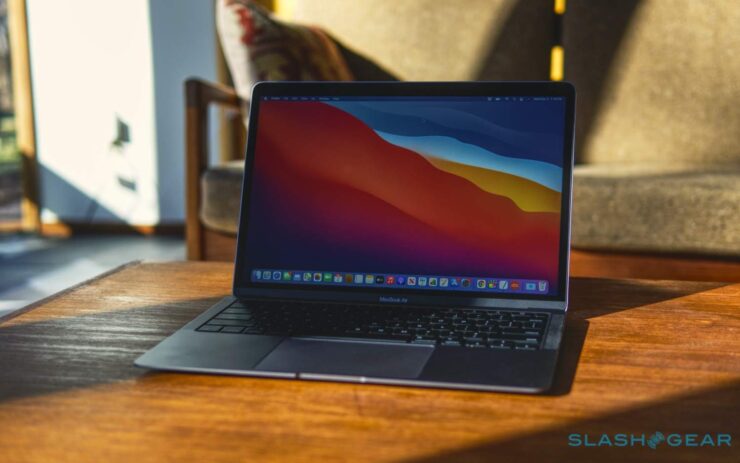Supply chain disruptions are taking a bite of out Apple, and it may make it harder to get your hands on that shiny new tablet or laptop.
Apple warns that it can’t make enough iPads and Macs to keep up with demand, thanks to the global shortage in semiconductors that has already disrupted production at almost every major car company, from Ford to VW.
Luca Maestri, Apple’s chief financial officer, said late Wednesday that the lack of supply will cut into sales of both these products and lop off between $3 to $4 billion of its revenue in the next three months.
Still, Apple, says it expects sales to grow in the current quarter. The announcement came in an earnings call just a week after the company introduced new iPads and computers.
A lack of semiconductors has hampered the world’s biggest automakers for months, forcing them to cut production and even shut entire plants down because of a lack of the essential parts.
Computer chip manufacturing requires significant lead time, with much of the world’s supply coming from a handful of companies. And during the pandemic, demand for electronics like laptops and tablets has soared, as so much of life went online.
“The last three quarters of Mac have been the best three quarters ever in the history of the product,” Apple CFO Luca Maestri told investors on Wednesday, noting that the demand was driven by large numbers of people working and learning from home.
Meanwhile, sales of new cars recovered far more quickly than anyone had anticipated. The simultaneous spike in demand — from electronics and vehicles — quickly outpaced what semiconductor companies could deliver
Automakers felt the blow first, and the pain continues. BMW is temporarily halting production at a Mini plant, joining the ranks of the global automakers who have taken a hit to assembly lines. Tesla CEO Elon Musk said the last few months included “some of the most difficult supply chain challenges that we’ve ever experienced in the life of Tesla.”
Ford predicted their output this year will be reduced by more than a million vehicles because of chip restraints, which means some $2.5 billion in forfeited profits.
Perhaps counterintuitively, Ford reported a very strong quarter financially. The semiconductor dilemma has caused the global supply of new cars to go down, which, predictably, has pushed the price of vehicles up. That means the company is making more money on each vehicle it produces.
Meanwhile, Apple reported its profit doubled in the first three months of the year to a record $23.6 billion, driven by its flagship products — iPhones and Macs — which, of course, are packed with chips.
That’s a silver lining for automakers, but a red flag for consumers, as these prolonged supply constraints could continue to push up prices on goods like cars and electronics.
The Biden administration has emphasized the importance of investing in domestic supply chains, to prevent this kind of bottleneck.
Companies in Taiwan — the world’s dominant supplier of computer chips — are boosting production, and willing to shift some of the scarce supplies to the auto industry, Taiwan’s economy minister Wang Mei-hua told NPR. But she warned it would take time for new supply of chips to reach automakers.
Tech executives and automakers alike are trying to figure out how long this crunch will last, and how best to cope.
“The semiconductor shortage and the impact to production will get worse before it gets better,” CEO Jim Farley said.
Nokia’s CEO told Bloomberg the chip shortage could drag on for a year or two.
Apple CEO Tim Cook told investors that in order to forecast when the supply crisis would be over, “we would need to know the true demand from each of these players and how that’s going to change over the next few months. And so it’s very, very difficult to give you a good answer.”
“We will do our best,” Cook said. “That’s what I can tell you.”
Contact:
Mail:
Gmail:
Email:
Street




























